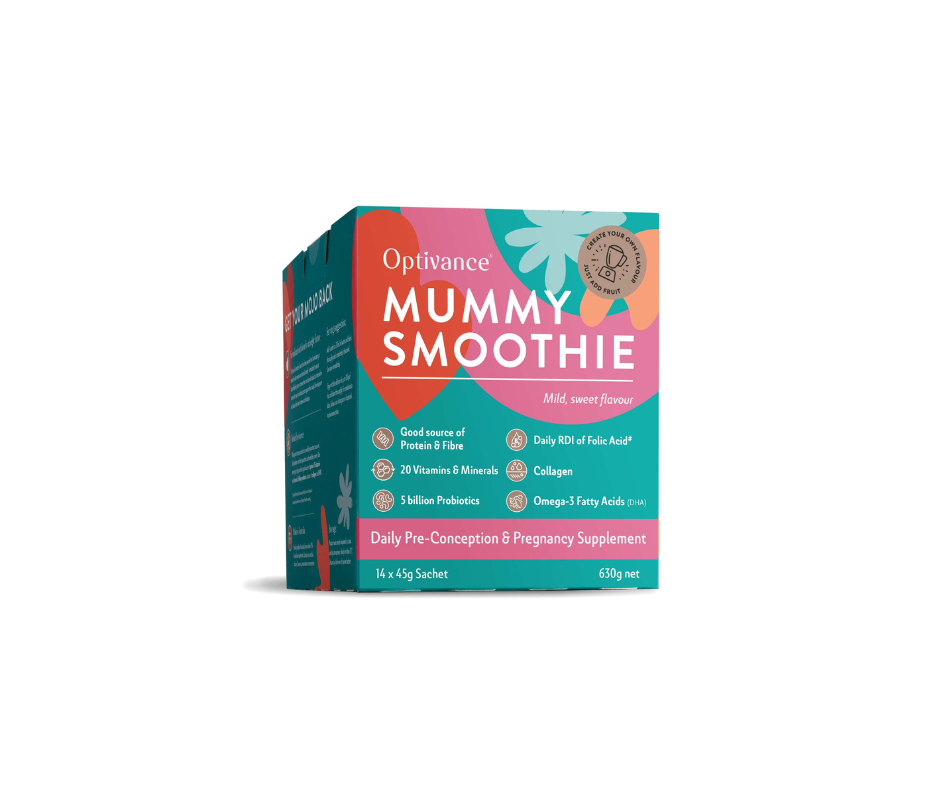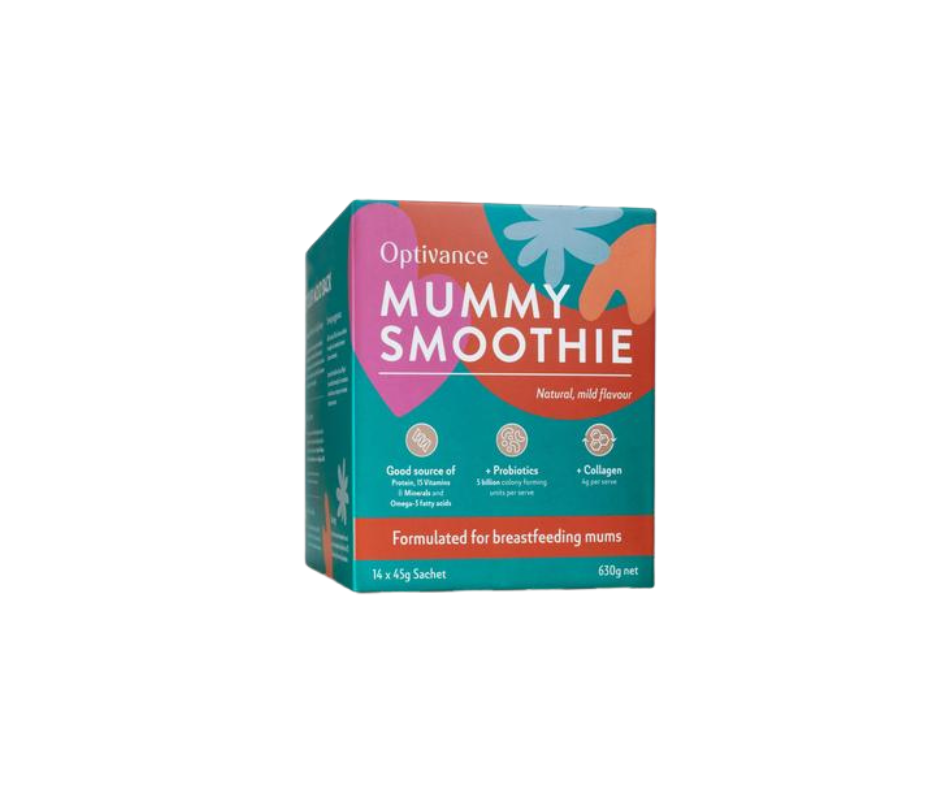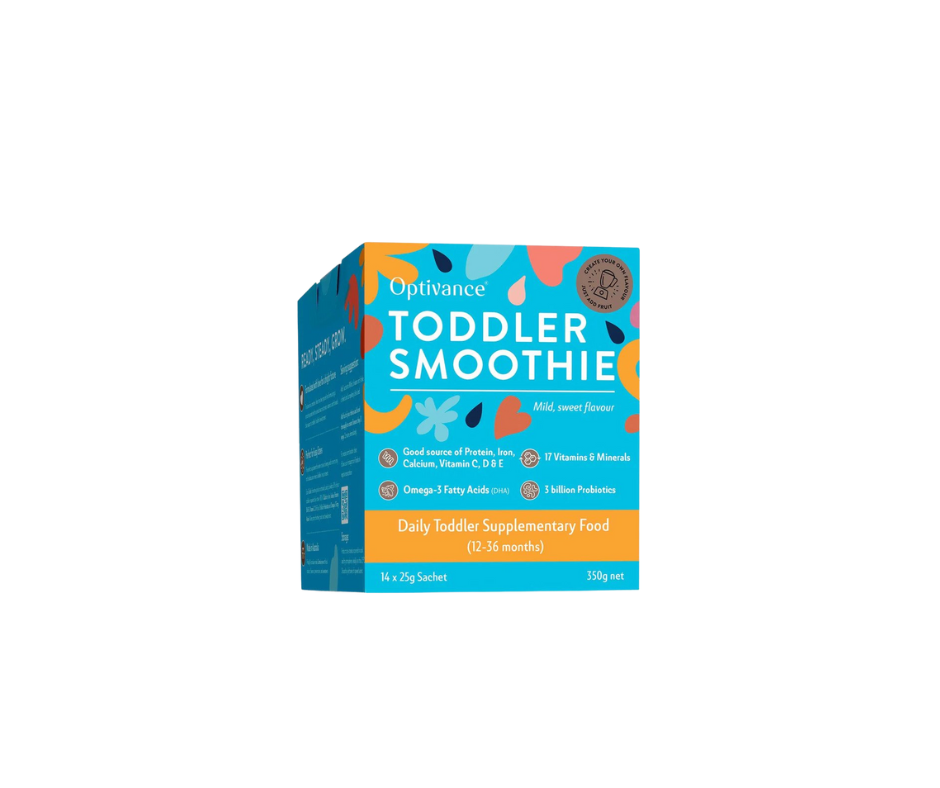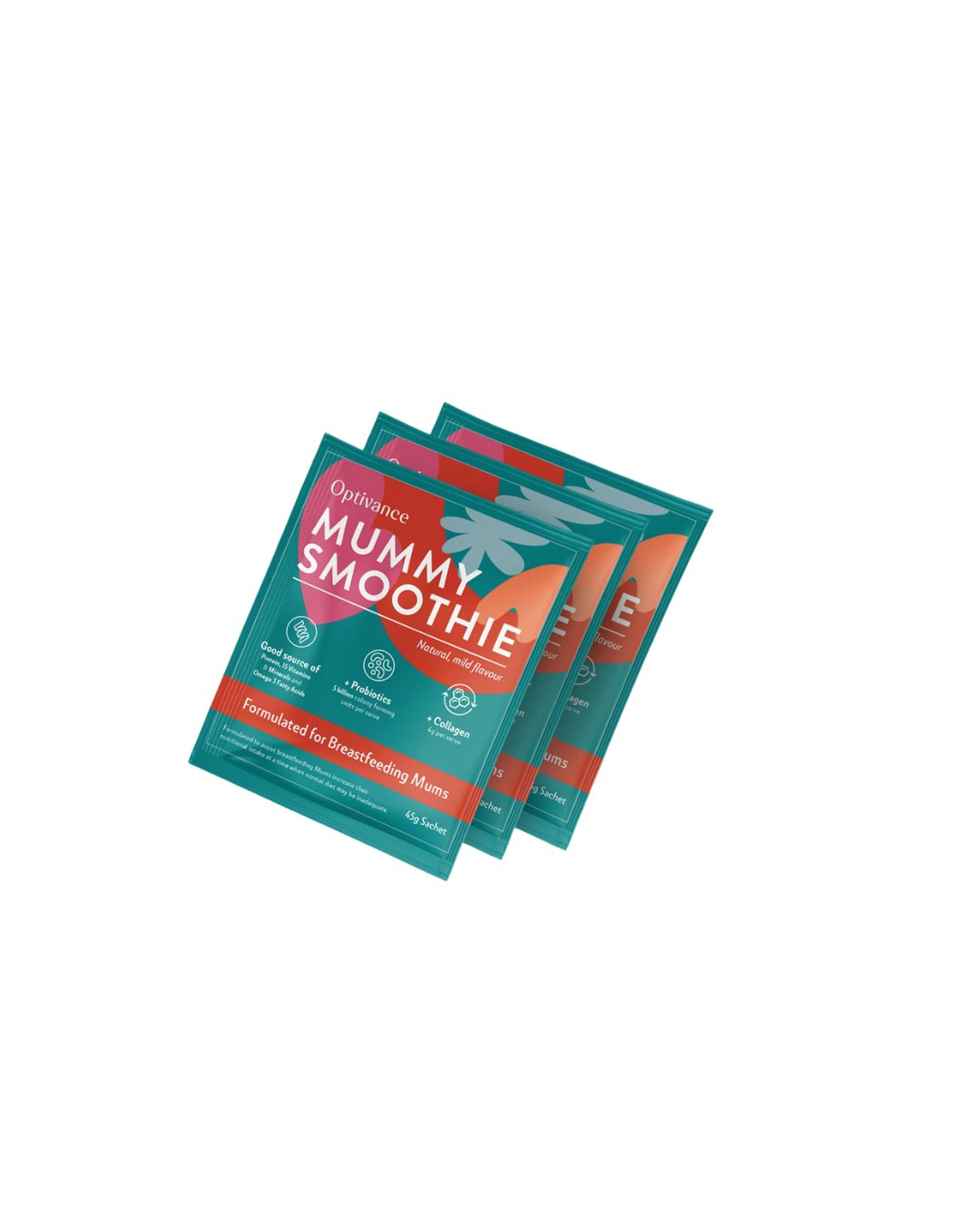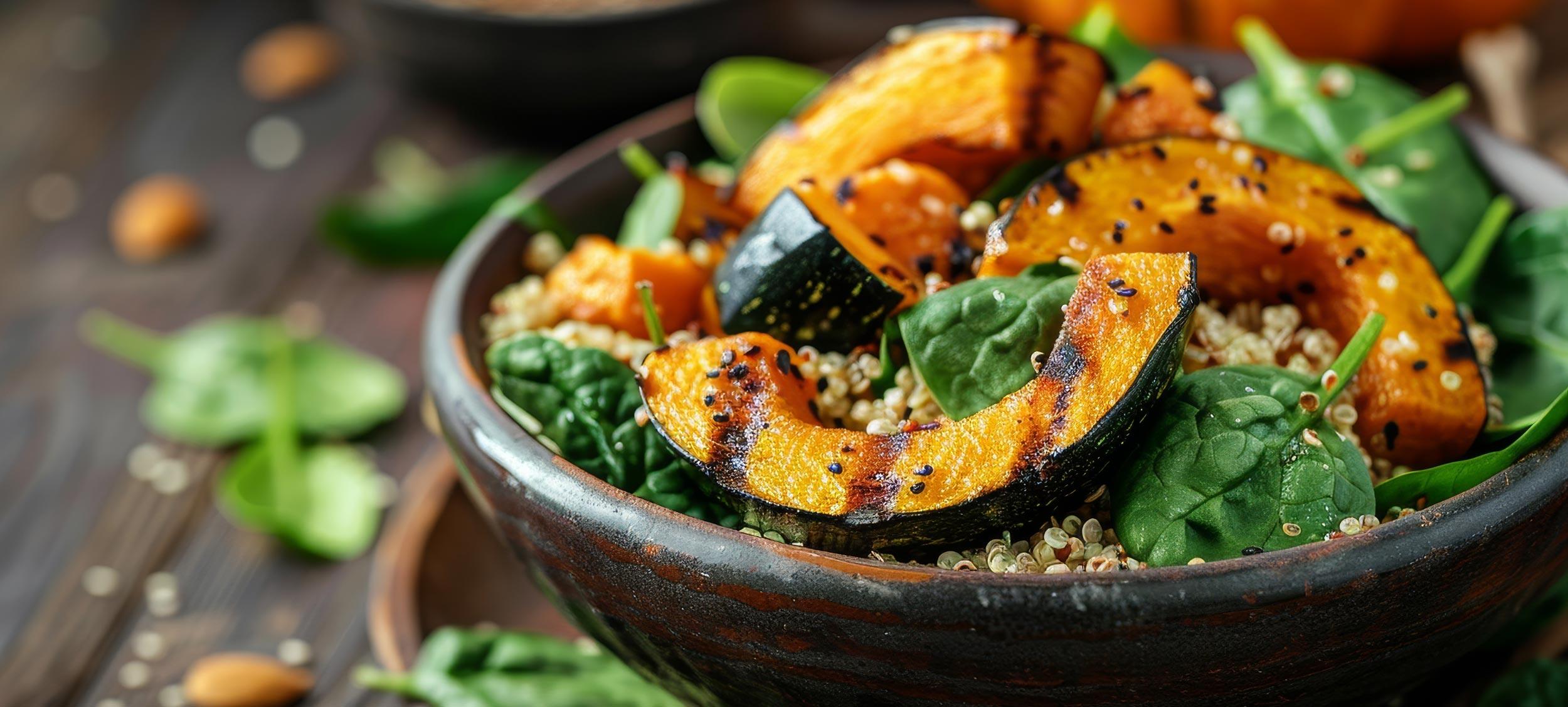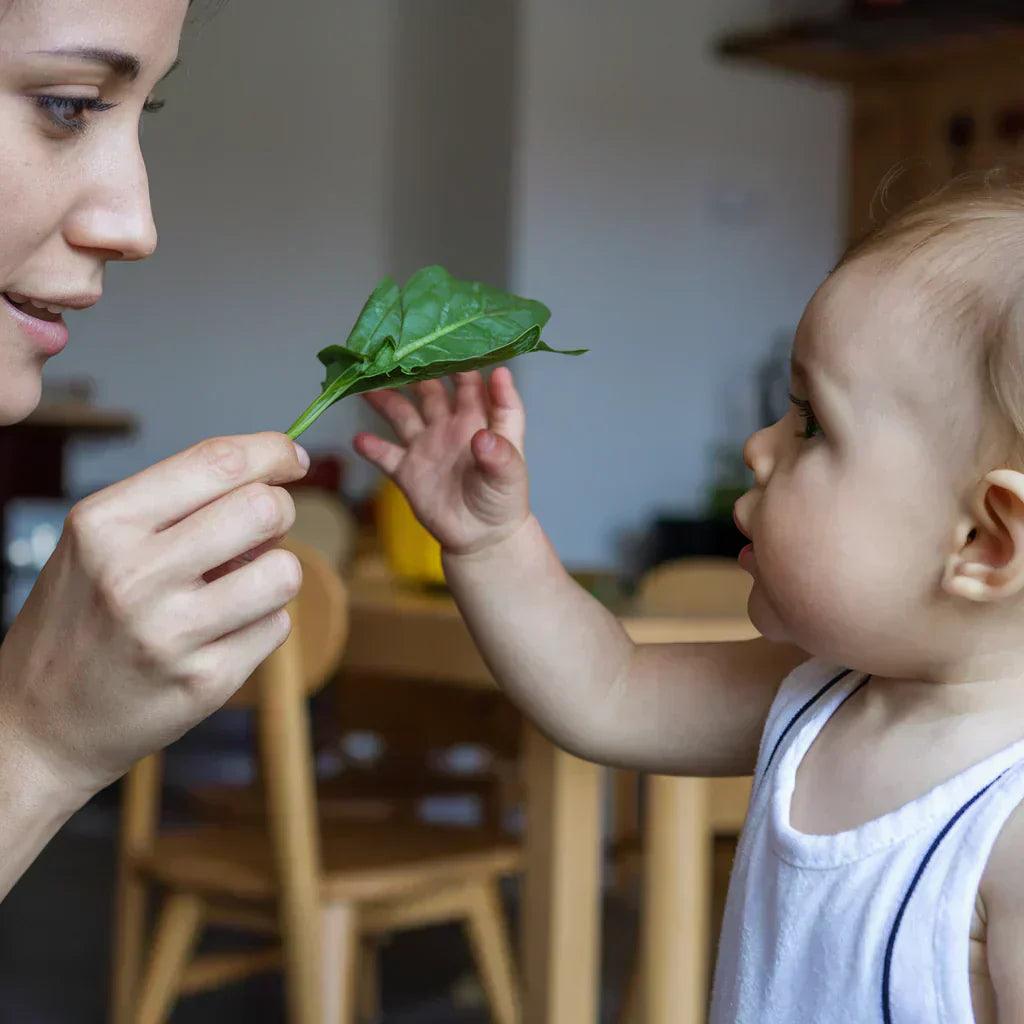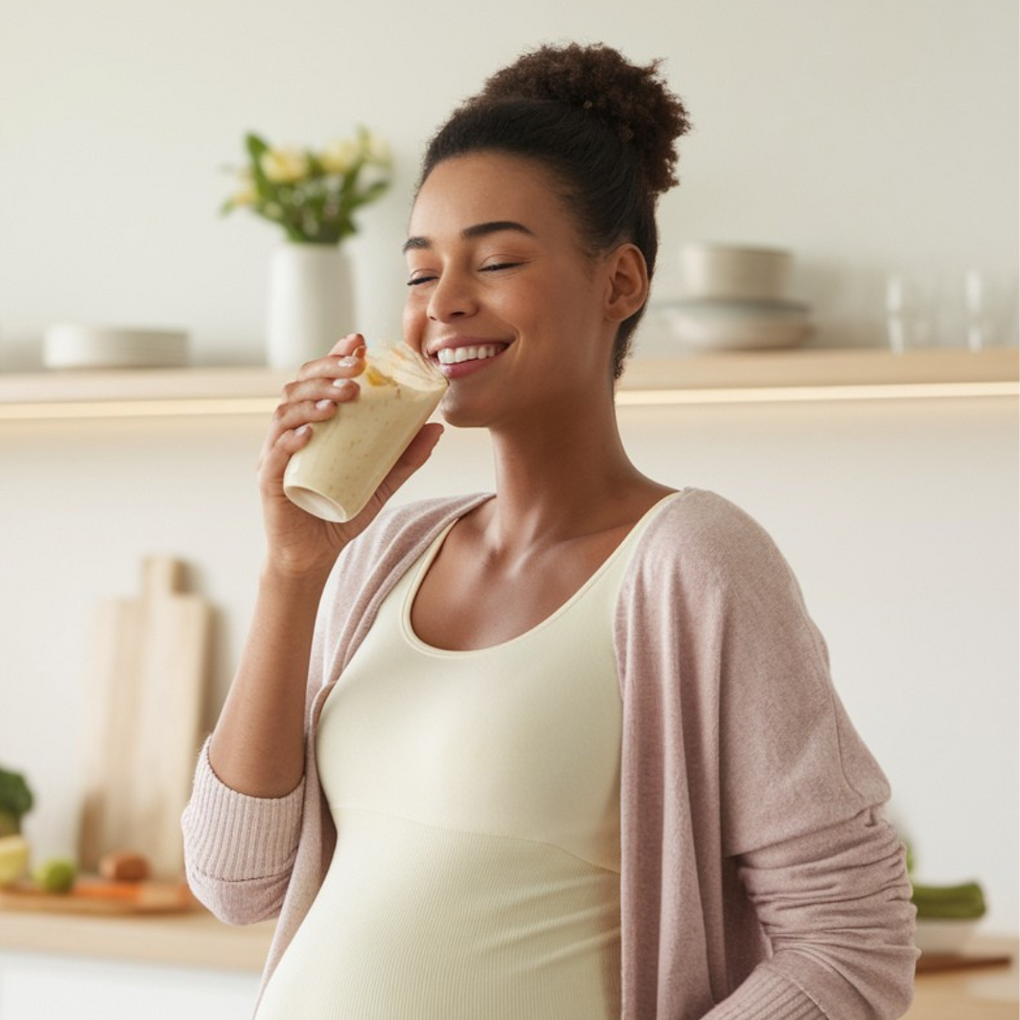Understanding Vitamin A and why Carotenes are Safe
What is Vitamin A?
Vitamin A is a group of fat-soluble compounds that are very important nutrients essential to human life from conception to old age. Vitamin A plays a critical role in maintaining a variety of bodily functions and ensuring optimal health.
Why is Vitamin A essential?
The human body needs Vitamin A for a wide range of bodily functions ranging from vision to lung function to gut health. Vitamin A is required for the development and maintenance of the structure of the eyes and is necessary for us to see in low light and to see colours. This is why we are told that carrots are good for our eyesight!! Immune function depends on adequate Vitamin A levels in the body to be able to fight off infections and recover more quickly. Reproduction as well as healthy growth and development of the unborn child rely on sufficient Vitamin A levels. Vitamin A is also beneficial for bone health, skin integrity and health, and research shows it is associated with preventing some cancers.
What’s the difference between Carotenes and Preformed Vitamin A?
Preformed Vitamin A is the biologically active, fat-soluble form of Vitamin A that is found in animal food products such as liver, and in synthetic form in some supplements. Carotenes, of which the most common is Beta-Carotene, are found in plant foods such as carrots and pumpkins and as Mixed Carotenes in some supplements. Carotenes do not contain preformed Vitamin A, rather, they are converted by the body into preformed Vitamin A. That is why Carotenes are called a Vitamin A precursor.
Why Carotenes are a Safe Form of Vitamin A?
Having too much preformed Vitamin A can cause toxicity and adverse health effects. Consuming foods or supplements containing Carotenes is a safe way to get just the right amount of Vitamin A your body needs. This is because humans convert Carotenes to the biologically active, fat-soluble form of Vitamin A in only the amounts that are needed by the body. Optivance products only use Carotenes (as Mixed Carotenes) so this means your body will only convert what it needs and you don’t need to worry about overdosing on Vitamin A!!
Which Foods are High in Vitamin A?
Vitamin A in its preformed, biologically active state is found in animal foods such as liver, meat, poultry, fish & other seafood, eggs and dairy products. It is present in very high amounts in liver. Important foods containing Carotenes include many vegetables, fruits, nuts and seeds. Beta-Carotene is the most common Carotene which gives many fruits and vegetables their vibrant colours. Think pumpkin, capsicum, tomatoes, spinach, kale, Asian greens, broccoli, citrus fruits, rock melon and brightly coloured stone fruits. Expanding your diet to include a variety of these colourful foods will help provide you with a wide range of nutritional health and wellbeing benefits.
How can I Enhance my Carotene Absorption?
As Vitamin A is a fat-soluble nutrient, combining Carotenes with oils and fats will enhance the uptake into your body. Healthy fats such as extra virgin olive oil drizzled on your vegetables will work; or adding avocado, cheese, seeds or nuts to your meal will improve the absorption of the Carotenes present. So next time you cook up carrots try adding a drizzle of olive oil to boost the absorption of Carotenes. That’s a double win!"

People at risk of Vitamin A deficiency
Vitamin A deficiency is generally not common in developed countries, however, it can occur in people with restricted diets, for example in young children who are fussy with eating fruit and vegetables, but have high demands for this nutrient. Similarly, the requirement in breastfeeding is actually almost twice that of a non-lactating woman, to support their rapidly growing infant. Individuals with medical conditions such as coeliac disease and inflammatory bowel diseases, can have reduced absorption of Vitamin A and this is a significant risk factor for deficiency. People who limit or avoid animal products in their diet should place extra importance on consuming sufficient amounts of Carotenes from a variety of coloured foods and consider taking appropriate supplementation.
A recipe to boost Vitamin A in Your Diet
Are you after a quick, delicious recipe to boost your nutrient intake, including Carotenes? Why not try the Optivance Mango Smoothie. Incorporating such nutritious additions to your diet can be a delightful way to boost your Vitamin A intake.
OPTIVANCE MANGO SMOOTHIE

1 cup milk
1/2 cup frozen or fresh mango
1 smoothie sachet
Blend and ENJOY 🧡🧡🧡🧡
Conclusion
To maintain your health and ensure you're getting sufficient Vitamin A, it's crucial to choose the right sources of Vitamin A. Optivance’s commitment to safety and quality means you can trust our products to provide your nutrition needs. Supplementing your intake with Optivance smoothies can help optimise your Vitamin A levels to improve your overall health and wellness, including support for your vision and nourishment for your skin. Optivance smoothies make it easy and enjoyable to meet your daily nutrient requirements without compromising on taste, variety or safety. 🧡🧡🧡🧡
FAQs:
What are the benefits of vitamin A?
Vitamin A is essential for overall health and wellbeing, including healthy vision, immune function, and healthy skin.Can I take Vitamin A safely in pregnancy?
Vitamin A is absolutely necessary during pregnancy for the proper development of the baby, HOWEVER, consuming too much preformed Vitamin A can cause harm to the unborn baby. Preformed Vitamin A is found in liver and liver products, such as pate, as well as in some supplements and it is a form of Vitamin A that should never be used in pregnancy or when trying to conceive. Carotenes found in fruits, vegetables and in supplements, such as in Optivance smoothies, are a perfectly safe source of Vitamin A. This is because humans convert Carotenes to the biologically active form of Vitamin A only as required by the body, so there is no chance of overdosing from Carotenes.What are the best Carotene food sources?
The best Carotene food sources include brightly colored fruits and vegetables like carrots, spinach, kale, and sweet potatoes. These provide Beta-Carotene and many other essential nutrients.
How can I improve my vitamin A intake if I don't like vegetables?
Consider options like fruit smoothies, supplements containing Mixed Carotenes, or fortified foods. Adding a small amount of healthy fat, such as olive oil, avocado and nuts to meals can also improve absorption of vitamin A.


